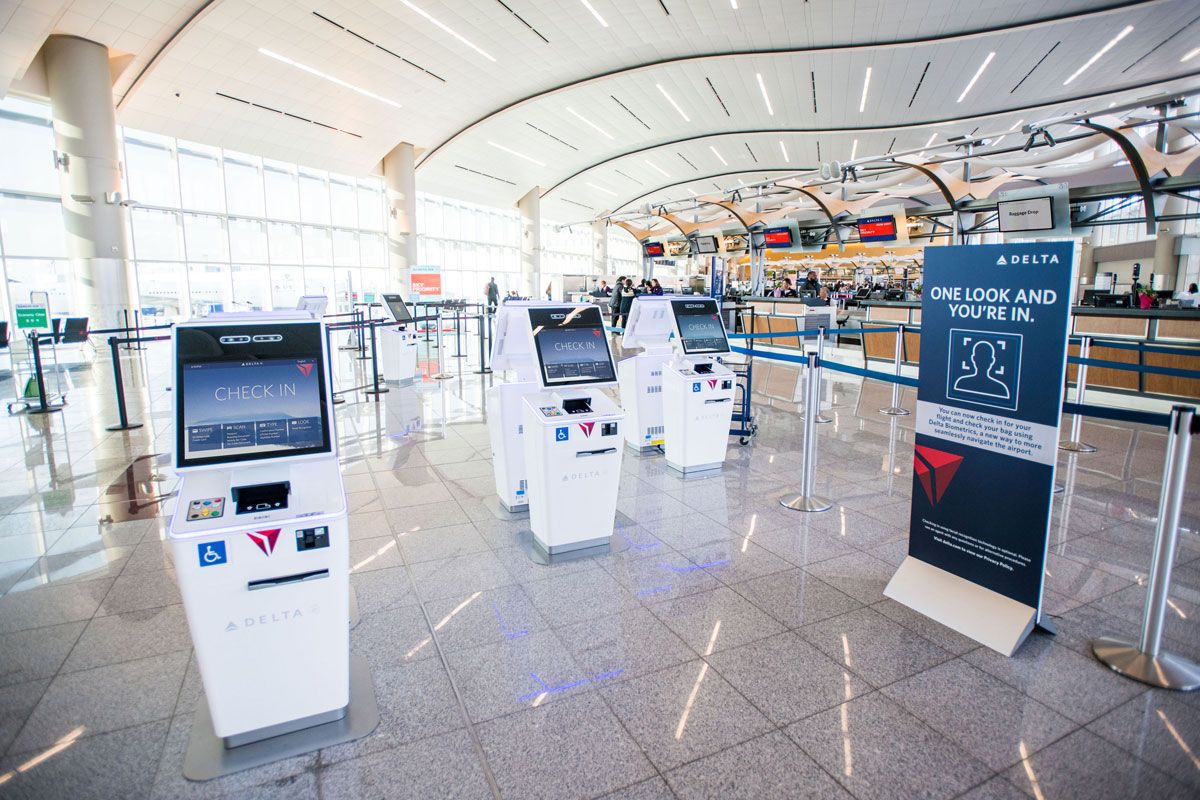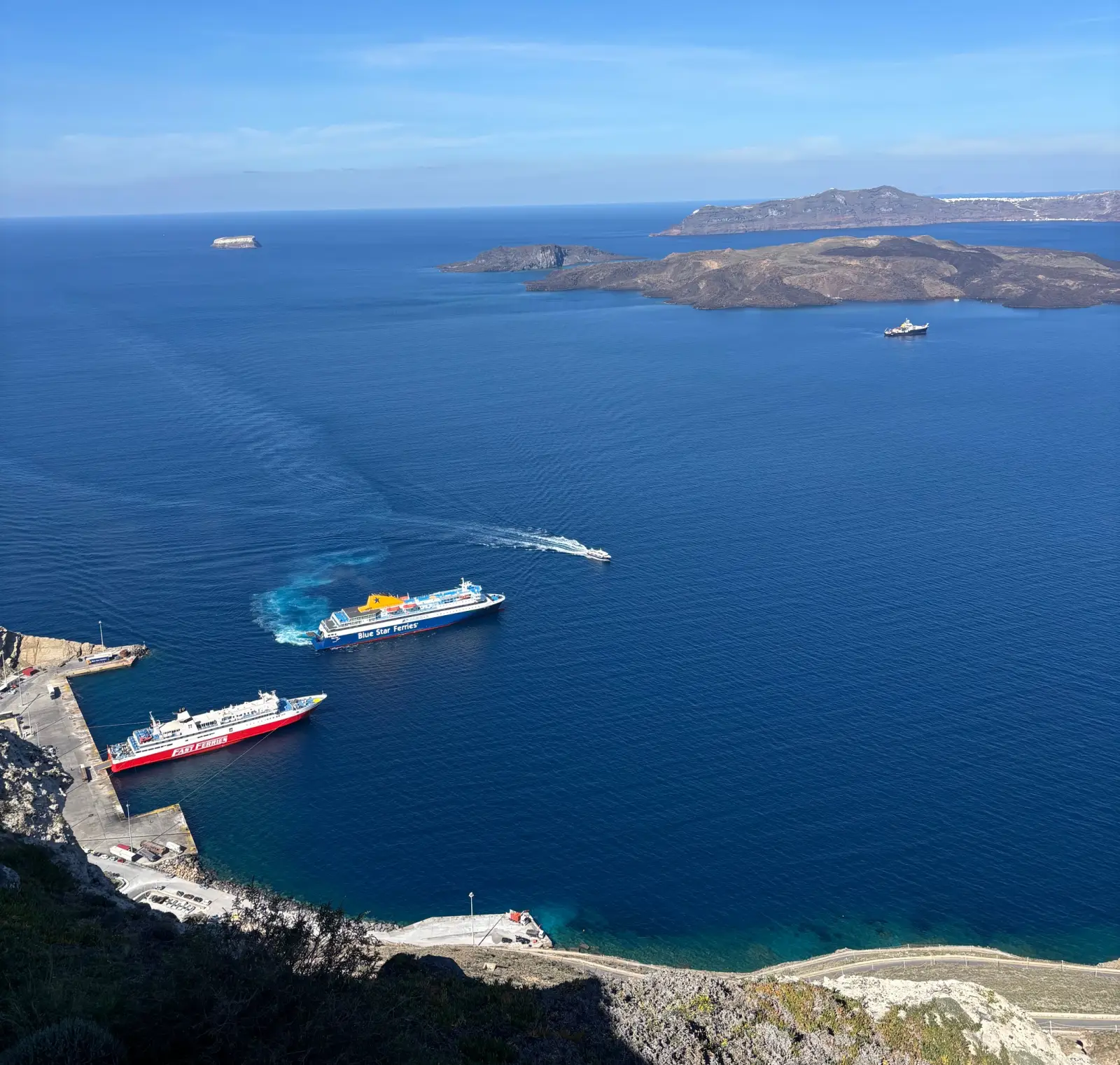The Greece travel warning issued by the UK’s Foreign, Commonwealth and Development Office (FCDO) is urging British holidaymakers to prepare for extreme weather and natural events ahead of their summer vacations.
Flash floods and storms recently swept across parts of Greece, including the popular tourist islands of Crete and Rhodes. Seven people had to be rescued from rising floodwaters, and local infrastructure has suffered as a result. At the same time, the Cyclades islands of Santorini (Thira), Anafi, Ios, and Amorgos recorded increased seismic activity in early 2025, raising additional safety concerns.
Official Advice for Travelers Heading to Greece
The FCDO is advising travelers to be aware that Greece is prone to extreme natural phenomena, including wildfires, heatwaves, earthquakes, and flash floods. Holidaymakers are strongly encouraged to register their phones for emergency alerts through the Greek government’s Emergency Communication Service, which is available in English.
For iPhone users, alerts can be enabled by going to Settings > Notifications and turning on Emergency Alerts. Android 11 and higher users can do this via Settings > Notifications > Advanced Settings > Wireless Emergency Alerts. Samsung phone owners should go to Settings > Apps > Messages > Notifications > Emergency Notifications and activate the relevant options.
Additionally, travelers can follow the official emergency account 112 Greece on X (formerly Twitter) for real-time updates during emergencies. The Greek Ministry of Civil Protection also provides detailed earthquake safety guidelines in English on its website, and tourists can view an interactive emergency assembly map at mysafetyplan.gov.gr, though this map is currently in Greek only.
Increased Wildfire Risk Across Greece
As summer approaches, wildfire risk in Greece becomes a major concern. The FCDO warns that wildfires can spread quickly and unpredictably, and that even unintentional acts that cause fires are treated as criminal offenses. If tourists spot a fire, they are advised to immediately call emergency services on 112.
To help prevent fires, tourists should avoid lighting barbecues in dry or forested areas, fully extinguish cigarettes, and dispose of litter—especially glass—responsibly. Even a small piece of reflective glass can start a fire under the hot Mediterranean sun.
Authorities stress that fire danger can escalate rapidly with little warning. Having emergency alerts enabled and knowing how to reach safety could be essential during a wildfire event.
What to Do in Case of an Earthquake
With recent seismic activity recorded in parts of Greece, including popular destinations like Santorini, travelers are reminded to familiarize themselves with basic earthquake preparedness steps. These include identifying safe areas in accommodations, securing loose objects, and knowing emergency evacuation points.
The Greek Ministry of Civil Protection offers a full set of instructions and tips on how to stay safe during an earthquake, from what to do during the shaking to how to act in the immediate aftermath. While most tremors are minor, being unprepared can make even small earthquakes more dangerous.
While these warnings might sound alarming, they are part of ongoing efforts to keep travelers safe and informed. With proper precautions, visitors can still enjoy the stunning beauty, history, and hospitality that Greece offers.
For more information, visit the FCDO’s official Greece travel advice page.












